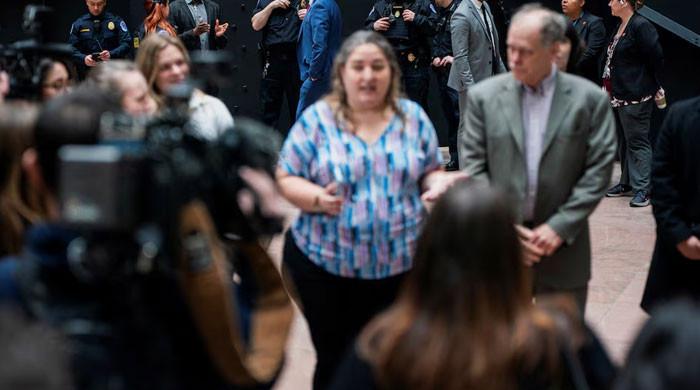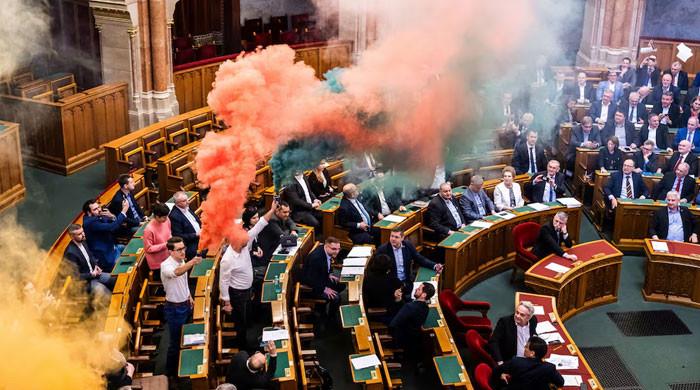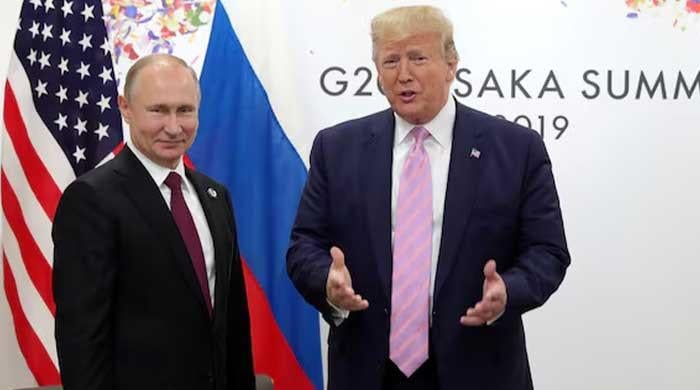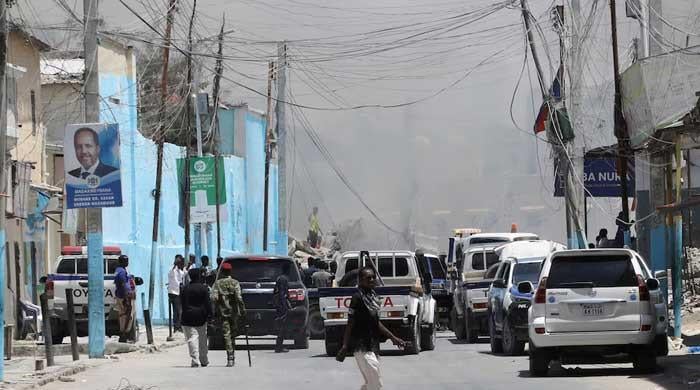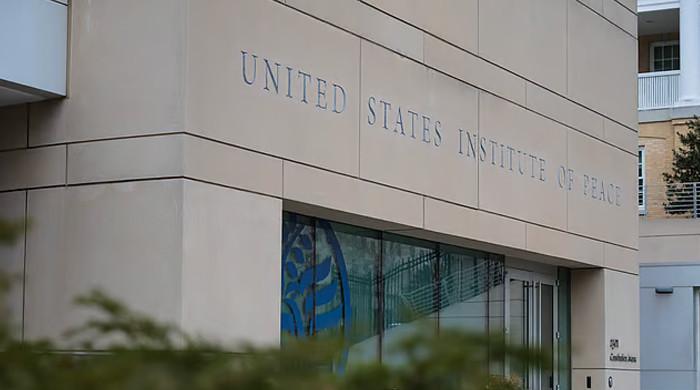Indian actions in occupied Kashmir taking region back to dark ages: Amnesty International
Amnesty India launches #LetKashmirSpeak campaign to highlight the plight of Kashmiris
September 05, 2019
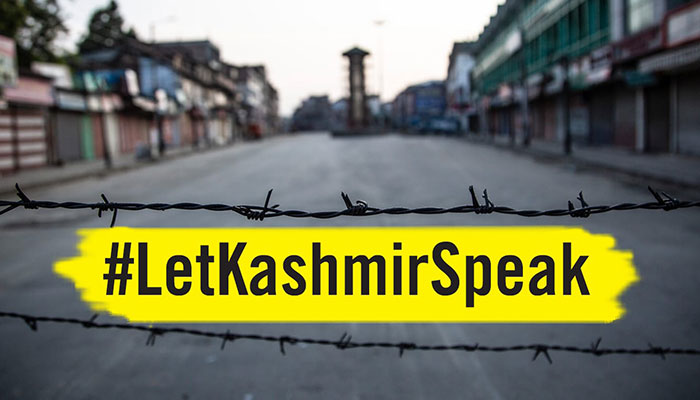
BANGALORE: Global rights group Amnesty International on Thursday launched an urgent global campaign to end the communications blackout imposed on Indian occupied Kashmir by the government of Indian Prime Minister Narendra Modi.
The #LetKashmirSpeak campaign aimed to highlight the human cost of the draconian communication blackout in occupied Kashmir that was termed as an outright assault on the civil liberties of the Kashmiri people by the Indian government.
In a press release, the rights group warned that depriving an entire population of their right to freedom of expression, opinion and movement for an indefinite period is akin to taking the region back to the dark ages.
“The blackout has now been a month old and cannot be prolonged any further by the Indian Government as it has grossly impacted the daily lives of Kashmiri people," said Aakar Patel, the head of Amnesty International India.
He added that it had also impacted the emotional and mental well-being of Kashmiris, their medical care, as well as their access to basic necessities and emergency services, tearing families apart. In response, Amnesty launched the #LetKashmirSpeak campaign.
Amnesty International India also dismissed recent statements made by Indian Minister of External Affairs S Jaishankar in an interview with Politico Magazine in which he had cited security reasons as the main reason behind the communications lockdown.
"Amnesty does not believe the current shutdown complies with requirement of necessity, proportionality and legality set out under Article 19 of the International Covenant on Civil and Political Rights, to which India is a party," the press release noted.
"Instead, it deprives the entire population of Kashmir of their right to freedom of expression and opinion and access to crucial information, thus inflicting a form of collective punishment on the 8 million people of Kashmir," the rights group added.
The valley which has been under a curfew since August 5, remains cut off from the rest of the world due to the continued blockade and suspension of internet, mobile and landline phones and closure of TV channels.
A humanitarian crisis has been looming in the valley as people face acute shortage of food, medicines and other commodities. Patients are even being denied life-saving medical care, suggest reports.
Amnesty also condemned the attempts made by the India government to restrict the freedom of the press, citing examples like the case of Kashmiri journalist and author Gowhar Geelani who was arbitrarily stopped in New Delhi from boarding his flight to Germany earlier this week.
Amnesty stressed that the attempts made by the Indian government to create a public opinion of ‘normalcy’ in Kashmir while curbing the freedom of independent press had usurped the voice of the people.
Amnesty Head in India Aakar Patel, in a statement to the press, noted that the blackout was no more a clampdown on just the communication systems of Kashmir, but a clampdown on the hearts and minds of the Kashmiris.




